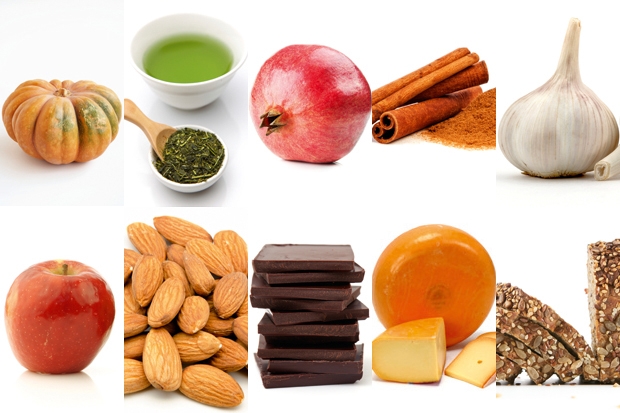Diabetes is spreading to epic proportions in the UK. It affects 3.2 million people, a figure which has doubled since 1996 and is expected to rise to five million by 2025.
Around 10 per cent of these people have type 1 diabetes, where the body can’t produce enough of the hormone insulin to convert carbohydrates to energy stores. This tends to be diagnosed in childhood, and is associated with the failure of the insulin-producing cells in the pancreas.
The other 90 per cent of people have type 2 diabetes, where the body either fails to produce enough insulin or is resistant to it. This has been shown to be associated with being overweight and is more common in middle-aged and older people. Despite this, the first cases in children were diagnosed in 2000 — a sad reflection of western diets and sedentary lifestyles.
All too often doctors find themselves battling the repercussions of poorly controlled diabetes. At its worst, you see 30-year-olds with foot amputations, blindness and kidney disease. The diabetes epidemic, affecting countries all over the world, has serious repercussions that are only reduced by good glucose control and early diagnosis. If not managed properly, diabetes can lead to an increased risk of heart attack, strokes, kidney disease, nerve damage, poor circulation, hearing loss, erectile dysfunction and blindness. Research from the University of Washington even suggests that high blood sugars are strongly related to increased risk of Alzheimer’s.
Researchers at Harvard suggest there are five ways to reduce your risk of diabetes: maintain a healthy weight; increase your levels of activity; stop smoking; drink moderate amounts of alcohol; and fine-tune your diet. For those already with the disease, it boils down to good control of these five things, attending check-ups and taking any medication you are prescribed.
A healthy diet is a proven weapon in the fight against diabetes. While we all know that eating more fruit and vegetables and less sugar and refined food is good for us, studies have also shown that some foods are particularly effective at actually lowering blood sugar. They include the ten foods on these pages.
Pumpkin Chinese researchers claim that chemicals in pumpkins helped regenerate damaged pancreatic cells that produce insulin in rats. Watch this space, and eat pumpkin in the meantime, as the chemical may eventually eliminate the need for insulin.

Green tea The traditional Chinese drink, thought to help ward off cancer and heart disease, also helps regulate blood sugar. The Journal of Agricultural and Food Chemistry says it ‘may be a simple, inexpensive means of preventing or retarding diabetes’.

Pomegranate Research from Israel suggests that drinking just one glass a day of the juice of the praised Middle Eastern fruit lowers the risk of atherosclerosis — which leads to cardiovascular disease and diabetes — without affecting blood sugar levels.

Cinnamon Research from Imperial College London suggests 2g of cinnamon a day decreases blood sugar by 8 per cent, and Californian research shows that it decreases cholesterol levels too. The spice has been used medicinally for over 5,000 years.

Garlic The US Department of Agriculture’s Human Nutrition Center suggests garlic can increase levels of insulin and lower blood sugar. An Indian study found the allicin in garlic combines with thiamine B vitamins to stimulate pancreatic insulin production.

Apples Two servings of whole fruit a week help reduce the risk of type 2 diabetes by 25 per cent. A Finnish team found men who ate foods high in quercetin, such as apples, onions, green leafy vegetables and berries, reduced their diabetes risk by 20 per cent.

Almonds Studies say 50g of almonds daily for women and 75g for men lowered diabetes risk. A report in the Journal of the American College of Nutrition found high almond intake increased insulin sensitivity and lowered cholesterol levels.

Dark chocolate According to Italian researchers, the flavonoids in dark chocolate help to counteract insulin insensitivity that is associated with type 2 diabetes. Eating 100g of dark chocolate a day accelerated the body’s metabolism of glucose.

Whole-fat dairy products High levels of trans-palmitoleic acid, found in whole-fat dairy products, have been shown to lower the risk of diabetes. Research in the Annals of Internal Medicine recommends three to five servings of whole-fat dairy products daily.

Brown rice, pasta and bread The fibre present in the whole grain content of brown bread, whole grain pasta and brown rice prolongs the digestion process so sugar is released over a longer period of time. According to Harvard researchers, decreasing the burden on insulin production by switching to brown rice could decrease the risk of diabetes by 36 per cent.

This article first appeared in the print edition of The Spectator magazine, dated 31 May 2014







Comments